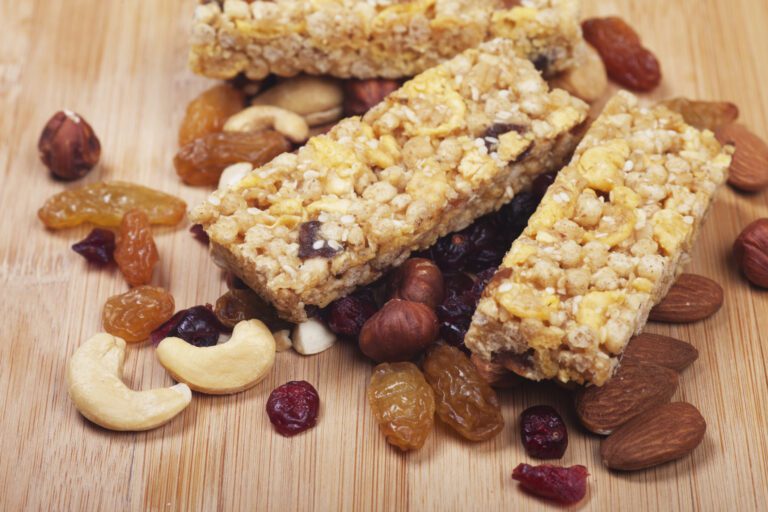One of the country’s latest and greatest obsessions to hit the sports training market is the desire to constantly consume protein bars. These protein bars are hailed as not only a weight loss tool, but as something that will help you get bigger and stronger in no time. However, as Kelly Rogers Victor, P.hD. points out on her blog, Kale and Kant, protein bars can actually cause more harm than good. Victor makes some incredibly compelling arguments including one that raises doubts over an ingredients list that resembles a candy bar more than anything else. These ingredients are most often man-made chemicals that hurts your nutrition rather than help it. There’s no need to put these protein modifications into your body for any reason other than convenience — much healthier options exist and they weren’t made in a factory. Furthermore, young athletes can often make two wrong assumptions about protein bars, both dangerously unhealthy. The first misconception is that athletes believe having more protein means that you’ll build muscle even faster. However, as Victor points out, most Americans already eat too much protein per day — as the average male is supposed to eat around 55g and females about 44g — but one of the most popular protein bars has a staggering 30g in each serving. This doesn’t account for any other snacks or meals you eat throughout the day, so people can easily consume far more protein than they should. Of course, unused protein is stored as fat, which can often be the exact opposite result people are training for. The second problem with protein bars comes with their often-touted “meal replacement” factor. For those in a major hurry, grabbing one of those bars will quell their hunger while also providing them with the protein they’re missing out on. However, that is a simplification of everything else you’re missing out on. Although this (too large) portion of chemicalized protein will fill you up, you’re not consuming almost anything else your body needs to be healthy. In fact, in one of the most convincing portions of the piece, Victor rehashes a comparison she came across in her research that compares two of the most popular protein bars with a Snickers.
“Bar A — 410 calories, 12 g fat, 5 g saturated fat, 28 g sugar Bar B — 300 calories, 8 g fat, 4 g saturated fat, 25 g sugar Bar C — 250 calories, 12 g fat, 4.5 g saturated fat, 27 g sugar”
The Snickers bar is C, does that surprise you? Without looking further into it, these three bars are alarmingly similar even though two are allegedly healthy and the other is candy and marketed as such. Even so you might think, if the protein is worth it, what’s the big deal with a little sugar? Ultimately, that decision is yours to make, but your nutrition could be much healthier with some extra foresight and effort. Wake up early before school or work to pack a healthy lunch — that way, you can fuel up on protein and other healthy benefits without feeling tempted for an easy way out. If you’re in need for more protein, try peanut butter, seeds, or even broccoli — that way, you’ll reap the benefits without all the unnecessary additions that can set your training back!
How useful was this post?
Click on a star to rate it!
Average rating 0 / 5. Vote count: 0
No votes so far! Be the first to rate this post.




